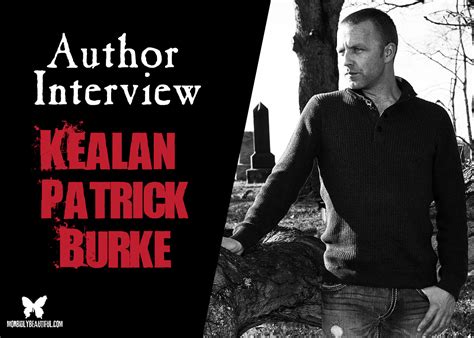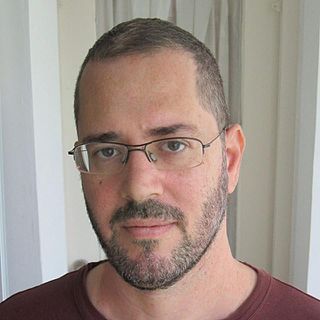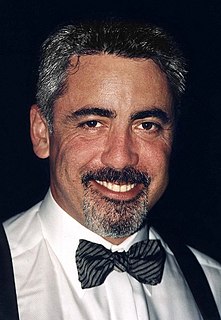A Quote by Deborah Eisenberg
When one writes, there’s the double horror of discovering not only what it is that one so fears but also the triviality of that fear.
Quote Topics
Related Quotes
One writes not to be read but to breathe...one writes to think, to pray, to analyze. One writes to clear one's mind, to dissipate one's fears, to face one's doubts, to look at one's mistakes--in order to retrieve them. One writes to capture and crystallize one's joy, but also to disperse one's gloom. Like prayer--you go to it in sorrow more than joy, for help, a road back to 'grace'.
And I, who timidly hate life, fear death with fascination. I fear this nothingness that could be something else, and I fear it as nothing and as something else simultaneously, as if gross horror and non-existence could coincide there, as if my coffin could entrap the eternal breathing of a bodily soul, as if immortality could be tormented by confinement. The idea of hell, which only a satanic soul could have invented seems to me to have derived from this sort of confusion - a mixture of two different fears that contradict and contaminate each other.
Horror itself is a bit of a bullied genre, the antagonist being literary snobbery and public misconception. And I think good horror tackles our darkest fears, whatever they may be. It takes us into the minds of the victims, explores the threats, disseminates fear, studies how it changes us. It pulls back the curtain on the ugly underbelly of society, tears away the masks the monsters wear out in the world, shows us the potential truth of the human condition. Horror is truth, unflinching and honest. Not everybody wants to see that, but good horror ensures that it's there to be seen.
I have always felt a little bit uncomfortable with question [why I'm write these stories]. It's not a question that you would ask a guy that writes detective stories or the guy that writes mystery stories, or westerns, or whatever. But it is asked of the writer of horror stories because it seems that there is something nasty about our love for horror stories, or boogies, ghosts and goblins, demons and devils.
Fear keeps us rooted in the past. Fear of the unknown, fear of abandonment, fear of rejection, fear of not having enough, fear of not being enough, fear of the future-all these fears and more keep us trapped, repeating the same old patterns and making the same choices over and over again. Fear prevents us from moving outside the comfort-or even the familiar discomfort-of what we know. It's nearly impossible to achieve our highest vision for our lives as long as we are being guided by our fears.
Indonesian people are living in constant fear, in horror. Often they do not realize it, because this state of mind, this 'living in fear', is considered 'biasa'. This fear, also explains why almost nobody rebels, or is willing to start a rebellion against the regime. People are paralyzed by an abstract fear, which actually has its roots in ignorance and insecurity.






































